
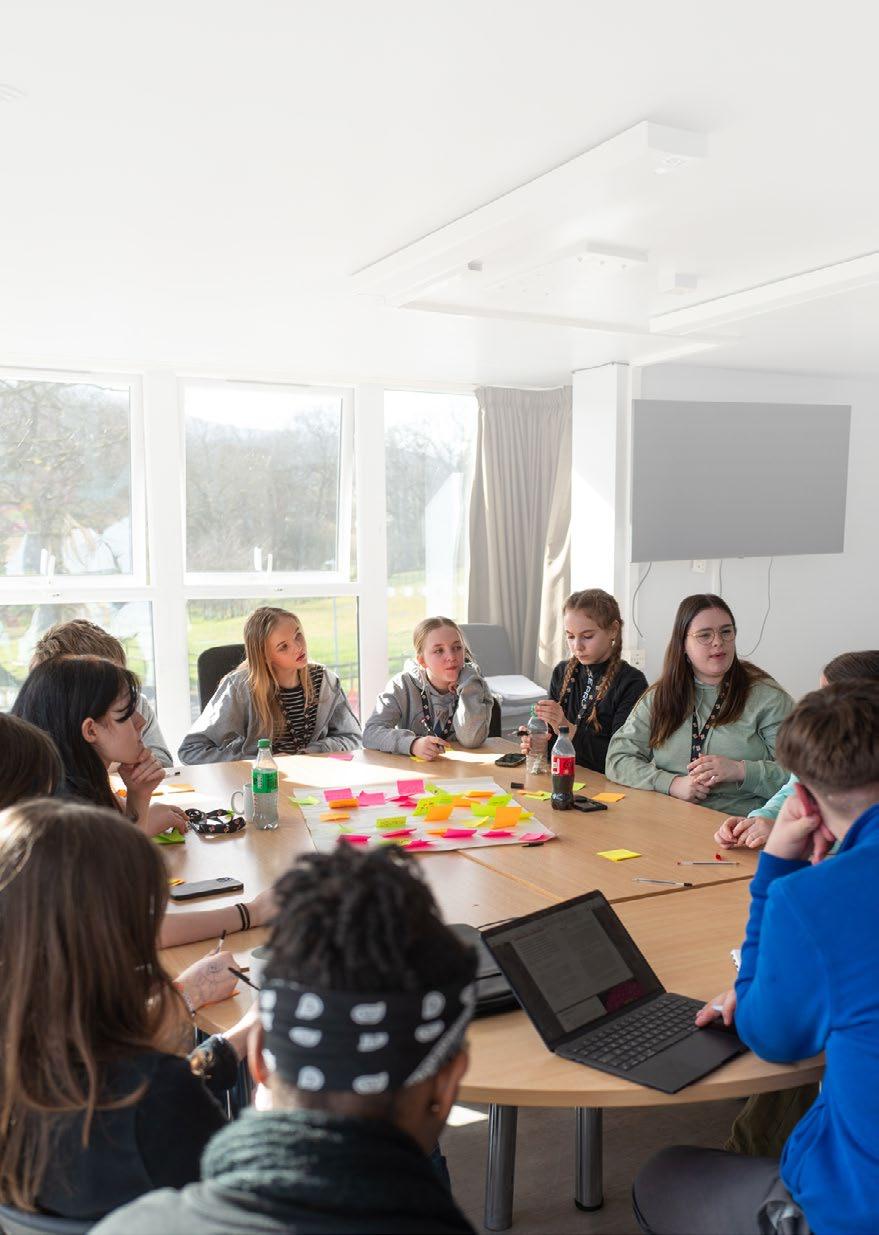



A Manifesto for Babies, Children and Young People in advance of the Senedd Elections 2026
Wales has a strong tradition of demonstrating a commitment to safeguarding the rights and wellbeing of babies, children and young people.
We want all babies, children and young people to have happy and healthy childhoods.
We want all babies, children and young people to thrive and to flourish.
We want all babies, children and young people to be safe from harm and abuse, and to be free from all forms of discrimination and poverty.
We want to ensure that those most vulnerable have an equal opportunity to thrive and to prosper, and call for equality for all babies, children and young people in Wales.
We believe that the 2026 Senedd election provides a unique opportunity to place babies, children and young people at the very centre of the political decision-making process.
We are calling on all political parties and candidates to make babies, children and young people a priority during the election campaign and throughout the next Senedd term, recognising their unique talents and contributions, characteristics and needs, with a view to promoting and protecting their human rights.
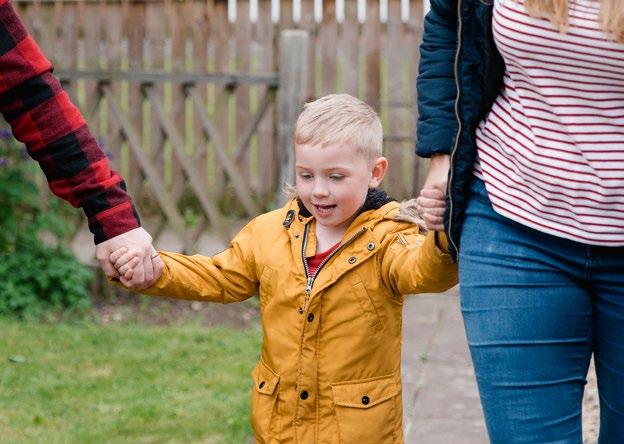

We want to see every politician and political party throughout the next Senedd term to be strong and committed serving to defend their rights and wellbeing, and providing opportunities to hear their views to inform all decisions which will affect them.
Will you be a Champion for Children during the campaign and following the election next May?
‘I will be a Champion for Children during and after the 2026 Senedd election’

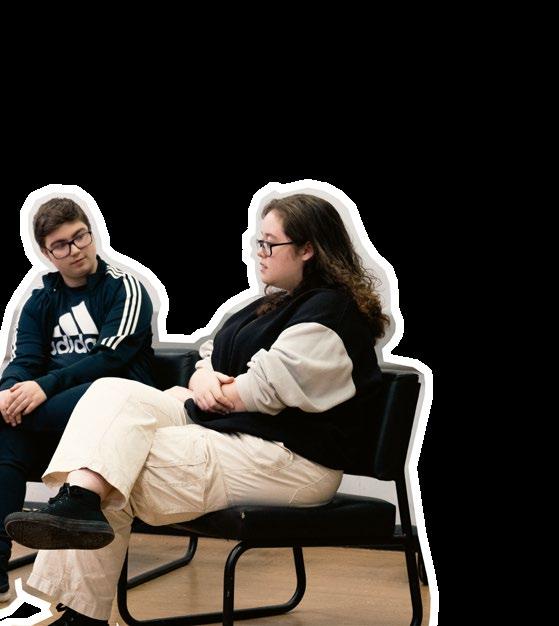



Children as a legislative and policy priority
Strengthen structures in Government and the Senedd
Local and regional
Strengthening devolution
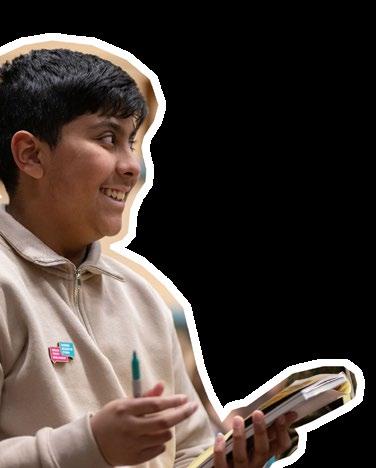
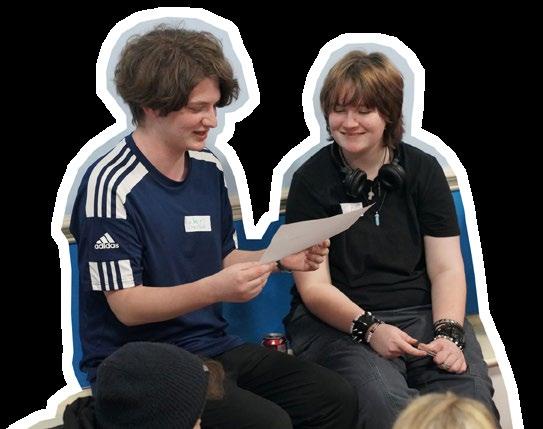


We are calling upon all political parties and candidates to commit to prioritising the following actions by way of demonstrating their commitment to babies, children and young people and becoming a Champion for Children
“It is important because politicians are meant to represent all people, and children and young people are often excluded from this or forgotten, as our opinion aren’t always seen as important or valid. Which is why it’s so important that politicians are children’s champions as that would ensure children and young people are included in the big decisions” - Young Wales volunteer

“Adults often don’t listen to young people, so it is up to politicians to listen to them because politicians have POWER and respect by other adults” - Young Wales volunteer
“I think this is important because politicians are in the position of authority and people listen to them. Therefore, when they speak up or make the right decisions for children, these children later become the better tomorrow and make a positive impact on the world in the future” - Young Wales volunteer


We want to see an end to child poverty in Wales. Poverty destroys childhoods with far too many children currently growing up without their basic survival and developmental needs being met. We want to see a government take action to prevent children and families falling into poverty, and when they do, takes decisive action to lift them out. This requires taking an intersectional approach, as certain groups of children are at greater risk because of the extra barriers they face due to their identity, background, circumstances or characteristics.
This means
• Making sure that families have an adequate income to lead a full and decent life with dignity, by providing access to well-paid quality jobs, generous Welsh grants and benefits, including a new Welsh ‘Child Payment’1, alongside improved access to welfare advice and support.
• Ensuring that no child goes hungry in school, by reassessing the eligibility criteria for free school meals whilst working towards universal entitlement, alongside strengthening free breakfast provision.
• Providing quality, affordable and accessible child-centred childcare for all ages and needs, delivered by a well-paid and highly valued workforce.
• Publishing and delivering a child poverty action plan with measurable statutory targets and milestones so that progress can be effectively tracked, monitored and reported.
• Proactively engaging with the UK Government to press for reform of the social security system to ensure it provides the necessary ‘safety net’ for all children and families to live in dignity.

1 A ‘child payment’ is a weekly benefit paid every four weeks for all children under 16 living in Scotland
We want to see solutions and interventions which help prevent problems arising and escalating being given a far greater priority. When a child or family member faces a challenge or when a need is first identified, there should be help, advice and appropriate support available at the earliest opportunity.
This means
• Refocusing resources towards child-centred and strength-based solutions and services which provide early help, intervention and preventative support, including during the perinatal period, with a focus on improving children’s developmental outcomes and keeping families together whenever possible.
• Making sure that children and families are able to access advice, advocacy and support in a timely manner to help avoid problems escalating.
• Maintaining adequate levels of funding for services which provide crisis and specialist support for when this is needed.
• For children who cannot live with their birth family for whatever reason, they must be provided with care, love and support for however long is needed.



We want children to be free from poor physical and mental health, and to receive the help and support when need arises.
This means
• Taking steps to improve the conditions and circumstances in which some children live by addressing poverty, tackling health inequalities, promoting healthy lifestyles and strengthening services which help children and families better manage health conditions.
• Improving access to primary care and specialist health care services for children and parents, including investing in good quality universal services and whole family approaches which help address emerging needs and prevent mental and physical problems escalating.



We want schools and colleges to be safe, welcoming and nurturing spaces where all children have opportunities to play, learn and thrive.
This means
• Making sure all children have access to good quality education including those who may need extra help and support with their attendance and learning, including children with Additional Learning Needs and young carers.
• Ensuring all children are safe from harm and free of bullying, are involved in decisions and are not shamed, stigmatised, discriminated against or excluded.
Schools and colleges being free at the point of use, where



We want all children to be safe from harm, abuse and exploitation.
This means
• Adopting long-term, sustainable, trauma-informed responses to safeguarding children against violence, abuse, exploitation, neglect, harassment and harm.
• Ensuring that children who have experienced abuse can access appropriate, child centred therapeutic services when needed. This should include specialist support for child victims of domestic abuse.
• Taking steps to keep children safe online and ensure they are protected from harmful and age-inappropriate content.
• Ensuring that children receive age-appropriate advice and

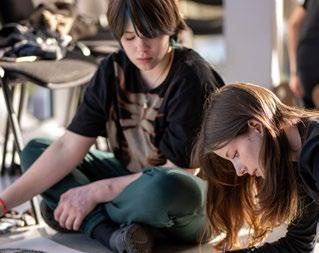


We want all children to have access to safe spaces to play, connect and interact.
This means
• Providing access to good quality parks, green and recreational spaces, where children are free to play as well as take part in organised activities.
• Improving access to community, arts and cultural spaces which provide opportunities and inclusive spaces for children to connect, converse and engage, and which support their development and wellbeing, and helps tackle loneliness and isolation. This includes an enhanced Youth Work offer as part of a clear national framework.
• Investing in free and low-cost transport options to help children better access school, college, community and leisure facilities.

Enabling children to be better able to move freely without the



We want all children to be able to live and thrive in a safe and secure home, and be free from the risk of homelessness.
This means
• Ensuring that families and young people leaving care have access to good quality, affordable, safe and warm homes.
• That no child becomes homeless.
• When emergency accommodation is required, that secure and accessible forms of housing are made available close to the child’s environment so as to minimise disruption as far as is possible.



We want children’s voices to be at the heart of the political process. This means
• Providing meaningful opportunities for children to engage with decision makers in all matters which affect them, hearing what they have to say and responding to what they’ve said.
• Making sure that national and local participation structures are adequately funded, and which provide opportunities for children to discuss the issues of importance to them.
• Ensuring that children of all ages, characteristics and circumstances can fully engage, including making any necessary adjustments to engage with younger children and children who are seldom


We want the maximum level of available resources allocated to services for children.
This means
• Providing long-term, multi-year and sufficient levels of funding for third sector services which deliver quality support, activities, advice and information for children and their families, including those most vulnerable.
• Recognising that infrastructure funding is crucial in enabling organisations to develop and thrive, and to maintain their staff and services for children.
• Ensuing that all budgetary decisions take full account of their impact on children and are informed by robust children’s rights impact assessments.
• Prioritising investment in national programmes and services which are delivering positive outcomes for children.


We want to see a comprehensive legislative and policy framework which prioritises better outcomes for all children in Wales.
This means
• Fully incorporating the United Nations Convention on the Rights of the Child (UNCRC) into Welsh law and a strong legal framework through a new Children’s Act for Wales.

Delivering an ambitious Programme for Government which builds upon the progress made since devolution, but which addresses the shortfalls as well as the gaps between policy rhetoric and


We want a Welsh Government and Senedd which has children at the forefront of the decision-making process.
This means
• Appointing a cabinet minister for babies, children and young people who will provide strong leadership and direction, who will promote and champion their rights and well-being at every opportunity, and who will always listen to what children have to say and be fully accountable for the actions that they take.
• All cabinet members taking collective responsibility for ensuring that children’s rights and well-being are prioritised and realised across every government department, with a First Minister leading from the front.



We want to make sure that Wales has all the powers it needs to deliver better solutions and policies for children.
This means
• Ensuring there are robust inter-Governmental engagement structures in place between the Welsh and UK Governments to make sure that the needs of children are political and investment priorities, including areas of policy which are reserved to Westminster, such as immigration and social security.
• Reassessing devolved responsibilities in some policy areas presently reserved to Westminster, such as Welfare and Youth

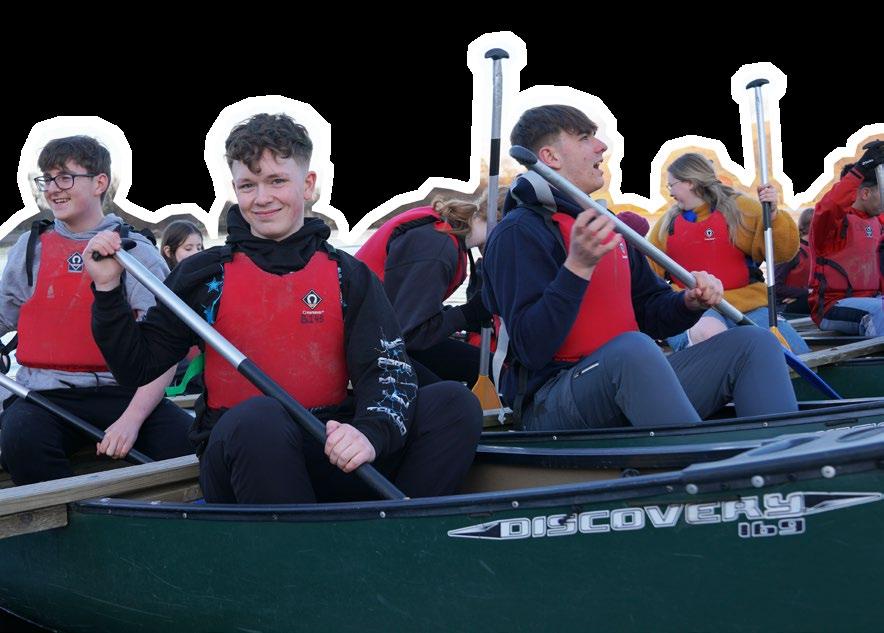
We want better and consistent coordination of issues affecting children at a local and regional levels.
This means
• Ensuring that local and regional partnerships are prioritising the issues that impact upon children, and that monitoring, accountability and reporting arrangements are sufficiently transparent and robust.
• Improving commissioning arrangements and the engagement of third sector organisations as equal partners alongside public bodies, ensuring they are appropriately represented in decision making structures and supported to make the best use of finite public funds.
• Ensuring that regional Well-Being Plans being delivered by public


Disclaimer: The organisations below have distinct remits and areas of expertise. As such, this manifesto’s calls are made as part of a coalition and do not necessarily reflect the views of all the individual organisations listed.


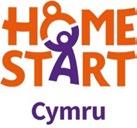



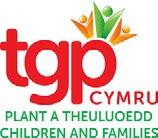
































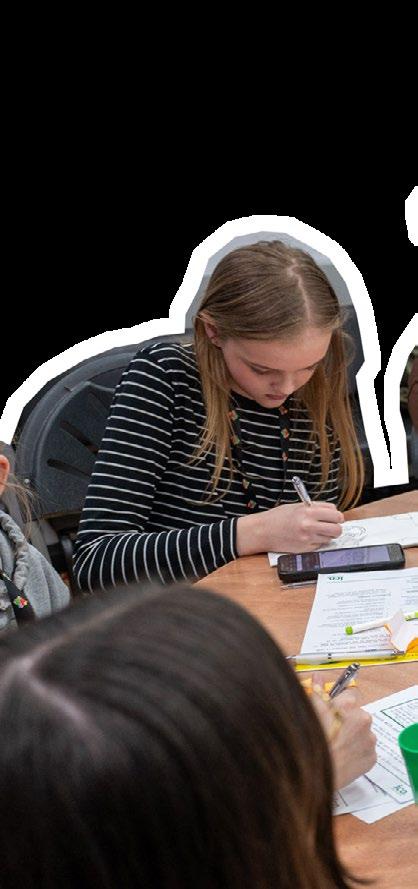


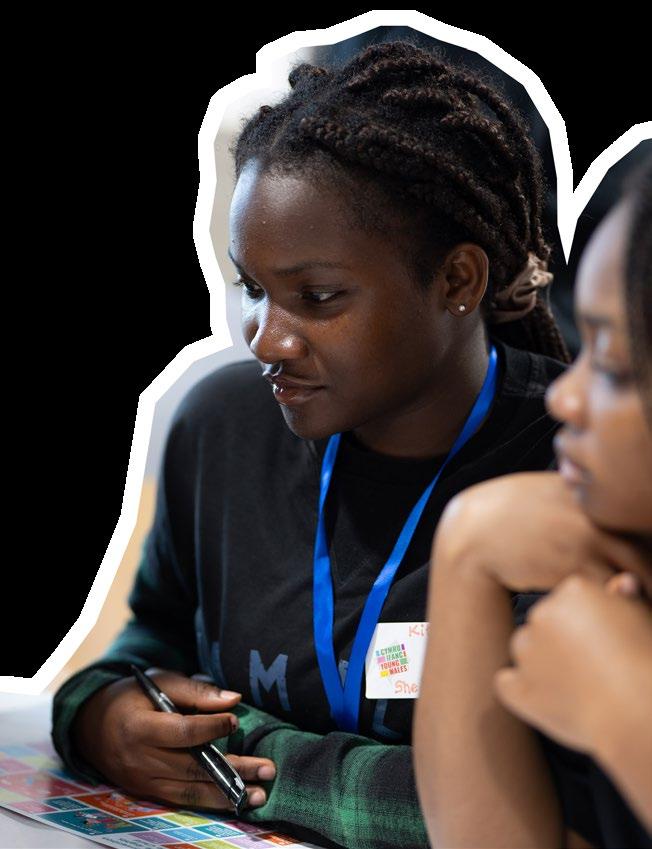




Cardiff University Social Science Research Park (SPARK), Cardiff, CF24 4HQ 029 2034 2434
info@childreninwales.org.uk
@childreninwales.org.uk @childreninwales @youngwalesciw
Children in Wales
childreninwales.org.uk